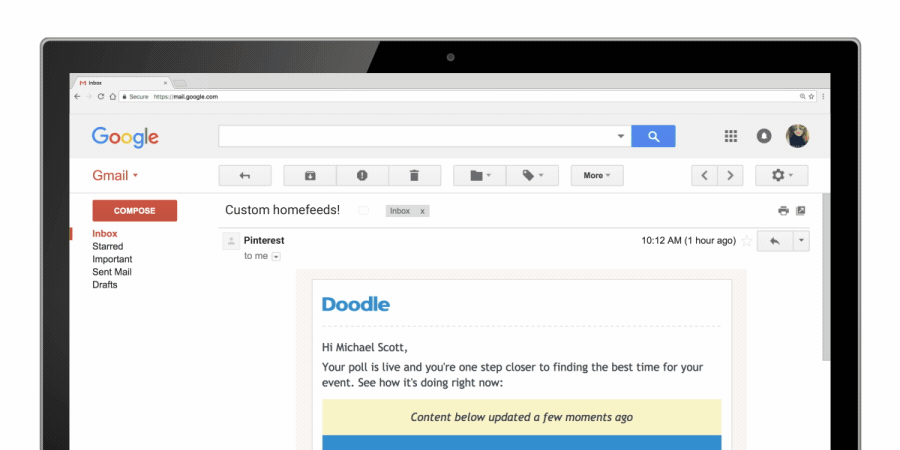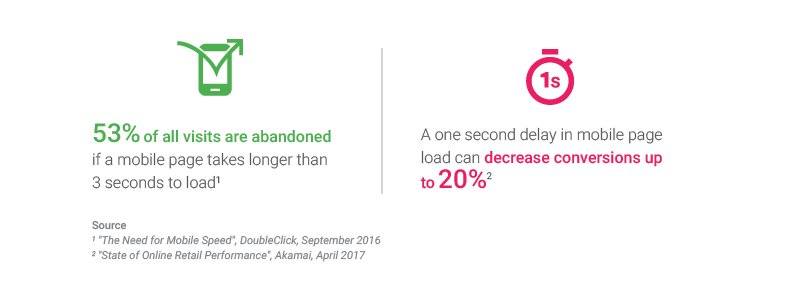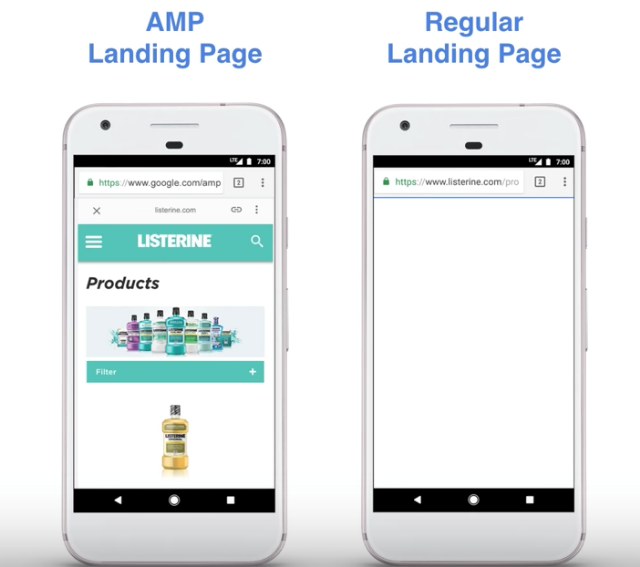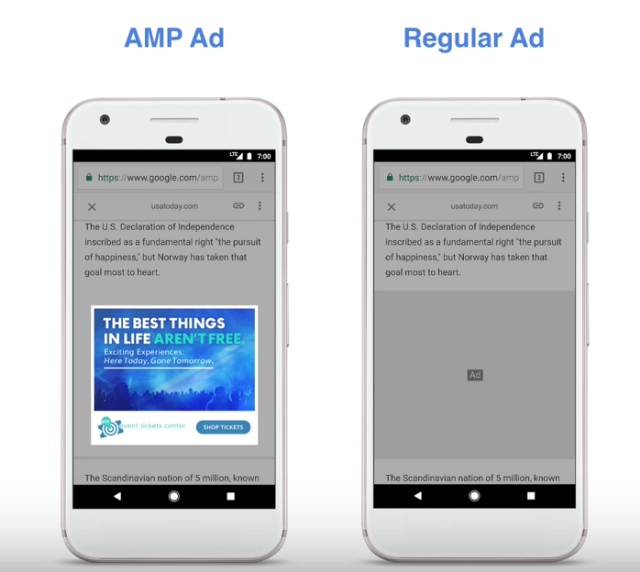
Google is bringing its super-fast Accelerated Mobile Pages to email the company announced this week. During its conference in email, the company unveiled that developers can now take advantage of the mobile-friendly AMP framework when developing emails for Gmail.
The decision gives people the ability to create faster, sleeker emails with a higher level of interaction than typically possible.
Among the many things you can do by incorporating AMP into Gmail, Google recommends:
- Creating content that is kept up-to-date in real-time
- The ability for recipients to browse and interact with content
- Users getting more done in less time without having to leave email.
From the announcement:
For example, say an external contractor wants to schedule a meeting with you but can’t see your calendar, so they send an email to get information on which dates and times you’re available. Within the email is a form to coordinate details. Thanks to AMP for Email, you can respond interactively through the form without having to click a link and redirect to another webpage. AMP for Email could also help you get more done in less time by allowing you to quickly RSVP to events, browse and interact with listings and campaigns, or fill out a questionnaire without ever leaving email.
Google also provided a few examples of what you can accomplish with AMP in Gmail:


AMP for Email does require a higher level of expertise to use, since it takes knowledge of coding to build emails with. Still, with a bit of work and some knowledge, the incorporation of AMP into email opens the door to many exciting possibilities for email.








